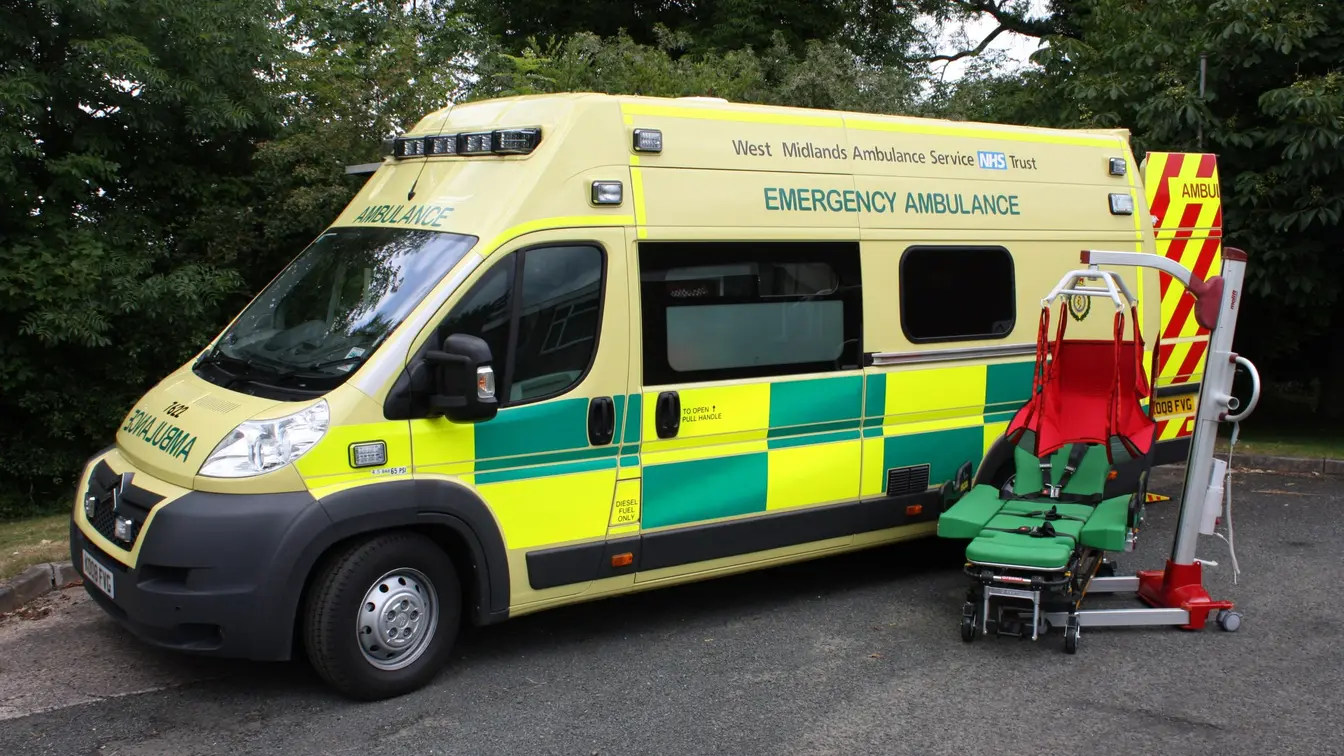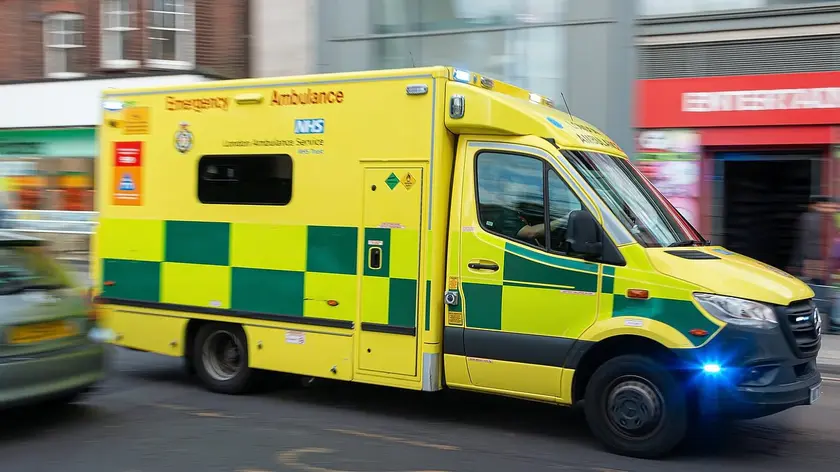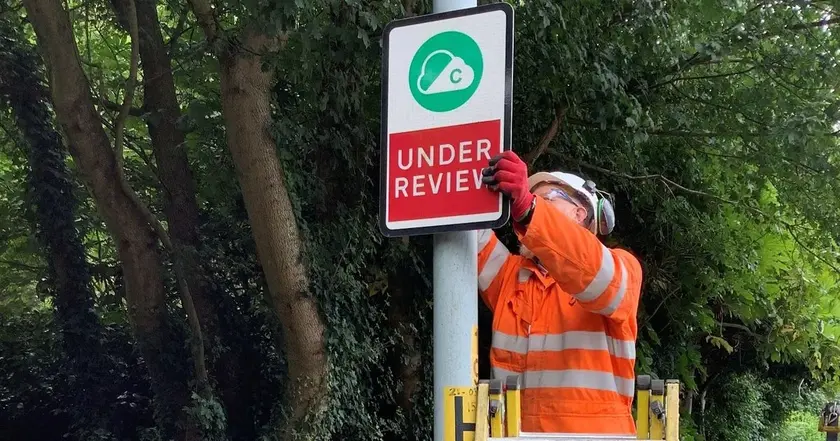T4K3.news
Ambulance costs for obesity transport
A new report shows ambulance trusts face 27.5m in costs to move obese patients, signaling budget pressure and policy questions.

Ambulance trusts face a combined 27.5 million pound bill to move more obese patients, highlighting broader budget pressures.
Ambulance budgets strained by obesity transport costs
Freedom of Information responses show that North West Ambulance Service has spent almost £15 million in five years transporting overweight patients. London Ambulance Service has paid contractors about £1.6 million a year for five years and plans to spend £1 million to build its own fleet. South Central Ambulance Service and East of England Ambulance Trust have also recorded multi-year costs tied to equipment and vehicles needed for heavier patients.
The total across the four trusts reaches £27.5 million. Government data indicate nearly two-thirds of UK adults are overweight or obese, a trend linked to higher chronic disease risk and longer hospital stays. The figures illustrate how obesity drives up the costs of urgent care and the equipment that teams must carry to respond safely to heavier patients.
Key Takeaways
"North West Ambulance Service has paid almost £15 million in five years for ambulances to carry the overweight"
FOI data cited in the article
"Budget pressures should spark a debate on prevention not just vehicle purchases"
Editorial perspective on policy response
"Nearly two-thirds of UK adults are overweight or obese"
Government research cited
"People expect quick help not a heavy price tag"
Patient perspective
These numbers reveal a budget storm within the health system. When a single patient group drives transport costs, it forces hard choices about medical gear, staffing, and services elsewhere.
The shift toward more in-house fleets could lower payments to private operators, but it raises upfront costs and ongoing maintenance. Policymakers should consider whether stronger investment in prevention and weight management could lower long-term spend and improve outcomes for patients and crews alike.
Highlights
- Obesity is turning into a budget issue for emergency services
- Eight new vehicles won't fix the root problem only the bill
- Nearly two-thirds of UK adults are overweight or obese
- Fast help should not be paid for by delaying prevention
Budget and political sensitivity over obesity transport costs
The piece touches on public budgets, health policy, and potential political backlash to NHS spending decisions.
Costs like these prompt tougher questions about funding, prevention, and the future shape of emergency care.
Enjoyed this? Let your friends know!
Related News

Ambulance costs rise for bariatric transport

Fundraising effort for man critically ill in Greece

Foundations first for lasting fitness

Report highlights food crisis impacts on children

Veteran racer Robbie Brewer dies after on track medical emergency

UK to finance transport in asylum seeker deal with France

Greater Manchester to spend £600,000 on sign removal

Authorities respond to bus crash in Manchester
